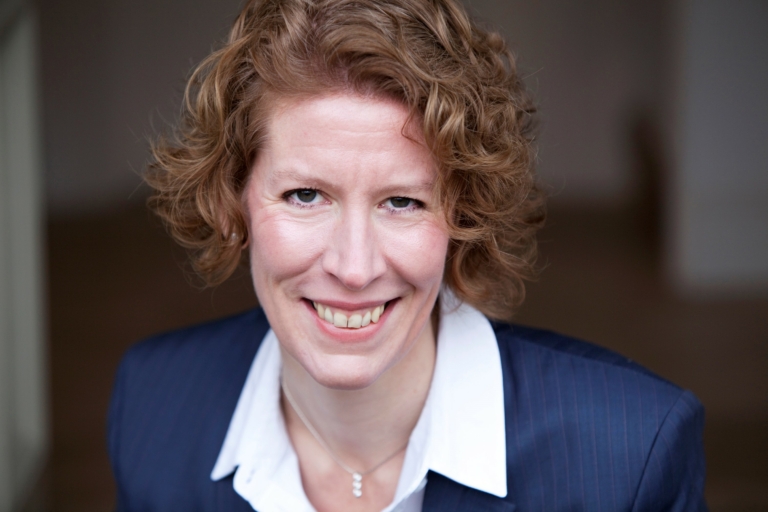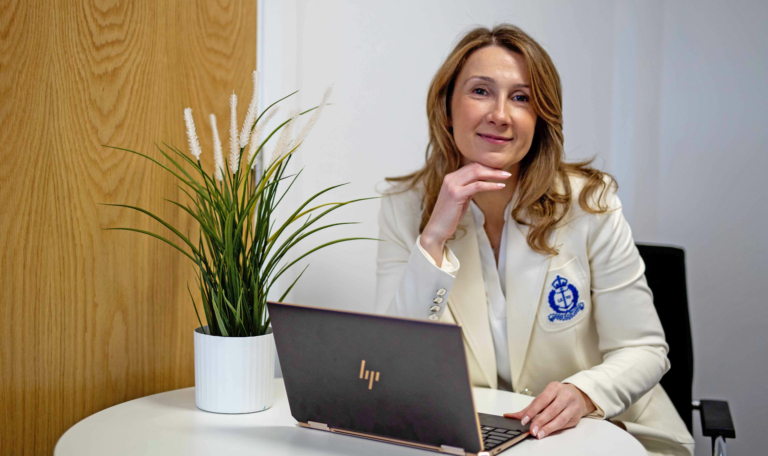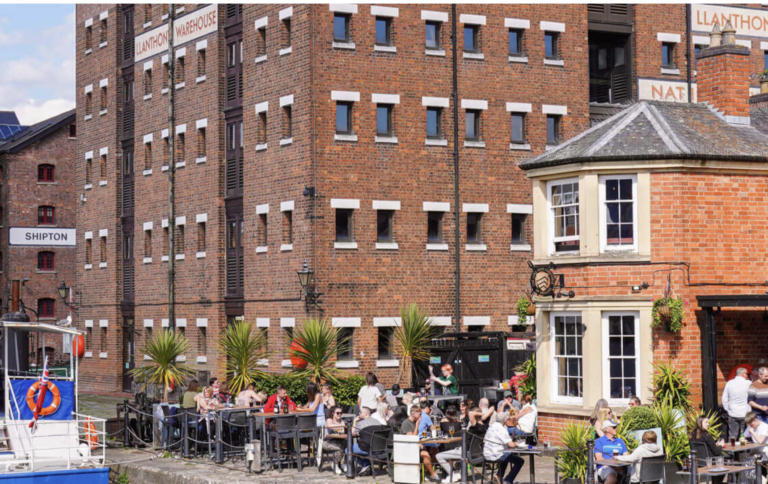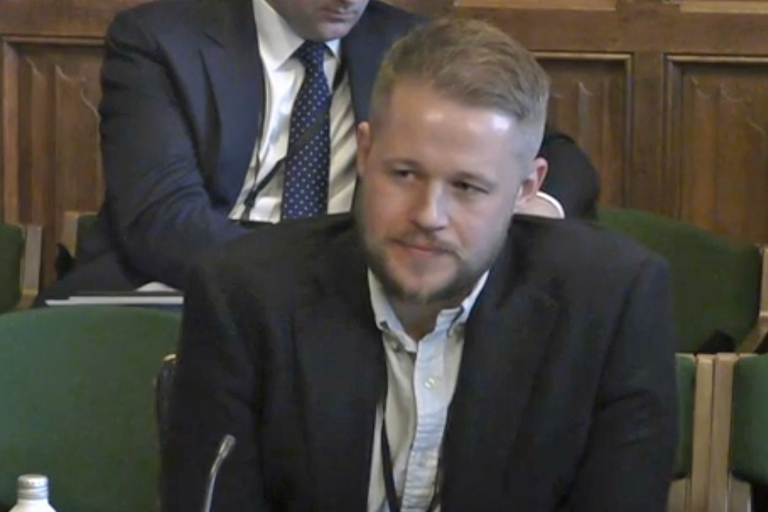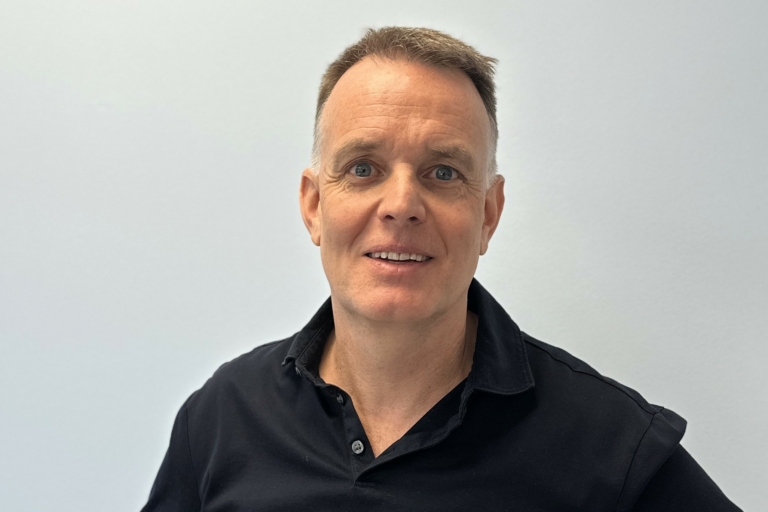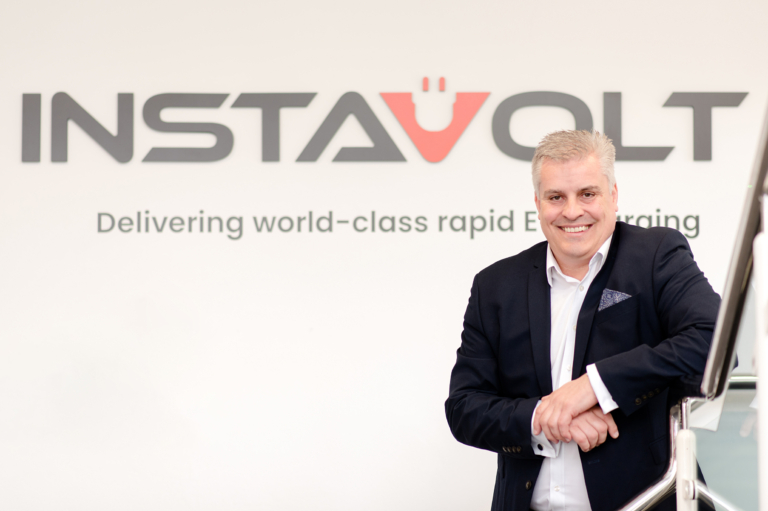MC Patel - Emotion Systems
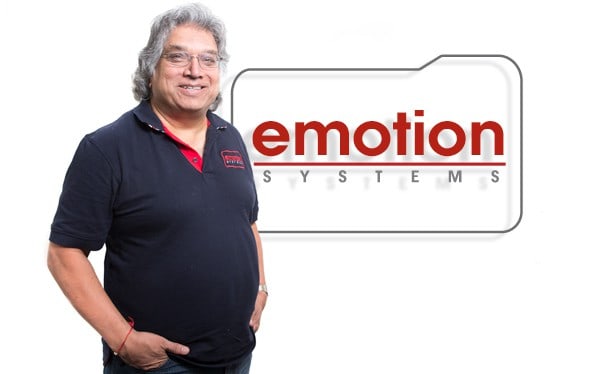
As founder and CEO of Berkshire business Emotion Systems, MC Patel has a lengthy track record and a strong reputation as a serial entrepreneur in the broadcast and post production industry. Since the mid-1980s he has been at the forefront of the switch from analogue to digital, founding companies and winning multi-million pound contracts with broadcast companies on a global scale. Taking his expertise into the business consultancy arena has seen him provide advice and guidance to small, high-tech companies in the film and TV industry, while his current role is leading a business which delivers cutting-edge software for the sector. Based in Hermitage, Emotion Systems employs seven full-time staff, including Patel’s long-time collaborator Iain Davies as COO. Turnover has doubled every year for the past three years and, says Patel, will continue to do so. Aged 60, he lives in Kintbury with his artist wife and has three daughters.
Born in India, where he spent his first nine years in a small village, Patel’s parents relocated to Kenya in the early 1990s to join their family. Despite speaking no English when he arrived, Patel worked hard and his A-level grades won him a place at Essex University, where he studied electronics. Once qualified though, he was told that as he was now over 21, the Kenyan authorities wouldn’t allow him back into the country as he was no longer a dependent minor, so he was faced with either returning to India or finding a job in the UK. Within months he had joined Newbury company Quantel, which gave him his first role as a design engineer and secured a work permit to allow him to stay in this country, setting him on the road to a successful career.
It must have been hard arriving in a country where you didn’t speak the language?
I was always passionate about learning and I loved reading. When I moved to Kenya I lived with my uncle and he was an English teacher so I read lots of books – everything from science fiction to the classics and that really helped my language skills. In three years I went from the bottom of the class to the top.
Were you always ambitious?
Yes, plus I always had a good imagination and a great deal of perseverance. If there was a problem, I would always hang in there until I fathomed out what could be done to solve it.
Why did you start your own business?
It was the mid-80s and the broadcast industry was just starting to go through a phase of digitisation. I started my first business Alpha Image with Tim Gale, who was a friend and colleague from my university days and we still work together today.
What was unique about Alpha was that we were two engineers who had this amazing track record over the previous 15 years. We had worked for very similar companies and our background was designing very complex products that not only worked, but were delivered on time.
We had a very sound partnership and we had the interface products that allowed TV production and broadcast companies to make the switch from analogue to digital.
When the digital change happened, we could react very quickly, as opposed to the bigger guys who took a more “wait and see” attitude. We invested some of our own money and over four years we grew the business to £3 million and we were very profitable.
Because I talked more I was given the sales and marketing role, so I went away and read some books and followed the rules. I found it a lot easier than designing the product but my biggest strength wasn’t selling, rather it was the fact I understood the new technology.
It meant people would come to me for advice and my role became more educational and consultative, it was about building trust and forging good relationships. People saw us as the good guys because we were always ready to help.
What happened next?
We had been doing very well, we were selling in Germany, Japan, the UK and US and we really knew those markets. At our peak we employed 40 people and we carried out all our own R&D and component testing, but in 1991, just as the first Gulf War was starting and the recession was beginning to bite, we decided to sell the business.
As part of the deal we stayed on for four years and it was during that time that I really grew managerially because we were now part of a much bigger corporate business. Unfortunately, it also meant we lost our ability to be as quick and agile and I wanted to be more innovative.
I still had a passion for technology and over the next few years I had various roles within the industry, including setting up my own R&D facility and a company called Post Impressions. When I sold that, I went into business consultancy, helping companies in the film and TV industry to develop their ideas. Because I had the engineering background and the marketing and financial acumen, I could be very versatile in the sort of support I was able to give them.
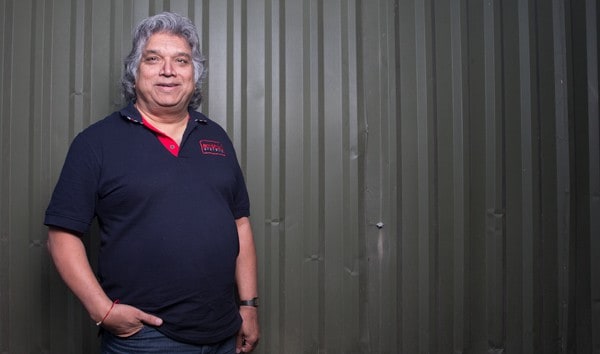
What tempted you back from consultancy to launch Emotion Systems in 2009?
While the consultancy business was very successful, my heart was in making things. There is a real change going on in our industry and that was what inspired me to start Emotion. They say start-ups are a young man’s business but I don’t believe that’s true, I wanted to go back to making product again and we have.
Now I want to see if we can build a series of products in a clever way. My goal is to use my problem-solving skills to build an incredibly efficient organisation – one which is most efficient at inventing, marketing and delivering product.
Making products is like running a marathon, you do it one lamppost at a time. When I’m working on something I think if I can make it to the next lamppost, then I can reach the one after as well. Simple things like that allow us to build some amazing products.
If you ask how a small company can make a big impact worldwide, people will say they need more money or more people, but I say it’s the fact you need to apply yourself better.
How would you describe yourself?
I am not a classic engineer and that’s actually very helpful. If I have a problem to solve, I always go back to basics and think about how I can overcome it.
People will say I have the ability to make them finish things and for me, that’s the secret. In everything we do, if you can’t finish something then there’s no value in it.
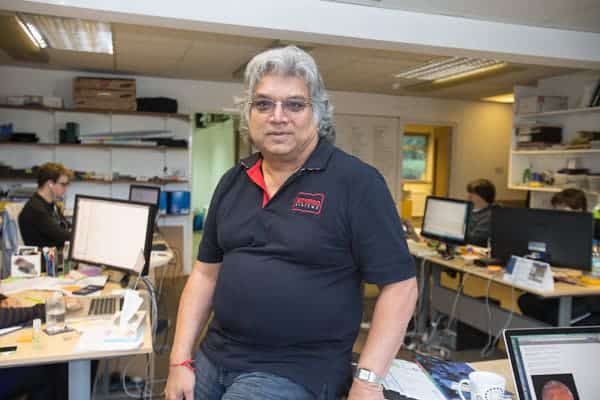
Do you enjoy mentoring?
Whenever we build a new company I like to start with young people and work with them. Part of my business development has been about going into an organisation where people will say something can’t be done, I prove to them that it can and then I hand the baton on.
I would like to do more mentoring and I have been back to Essex University to do some talks and have been invited back to look at final-year projects for students.
What are your future ambitions?
I try not to have a grand plan, I allow things to come to me. Sometimes people think that is a bad thing but if I showed them what we had built in the past 30 years they would soon see that I hadn’t lacked ambition.
I certainly don’t want to retire, I enjoy the industry, I enjoy making things and growing the business worldwide. Our biggest customer is in Japan, which I’m very excited about, and I want to look at developing new technology and taking on larger projects, while making sure we don’t forget our smaller customers too.
The big thing we are trying to achieve at the moment with our software is automation and scalability, developing systems which will automatically enable TV programmes to be converted for different languages, cultures and different types of audio, across a variety of devices such as TV, tablets and mobiles.
The potential is hugely exciting, especially when you look at platforms such as YouTube.
What do you do on your time off?
I read and watch cricket. I am an associate member of the MCC and for me there is nothing more sacred than going to watch a test match at Lords. We open the champagne when the first ball is bowled and we carry on from there.
I always say I get my inspiration from a five-day test match. Like our products, there are swaying fortunes, flashes of inspiration and a huge amount of dogged determination.
Details: www.emotion-systems.com









